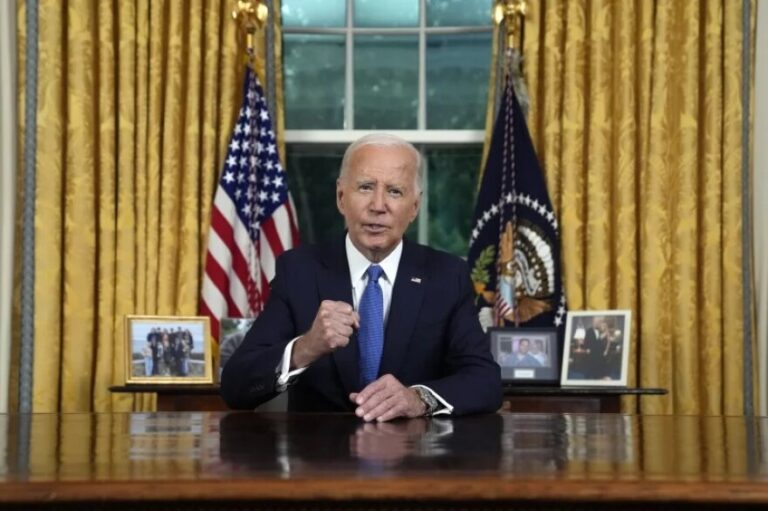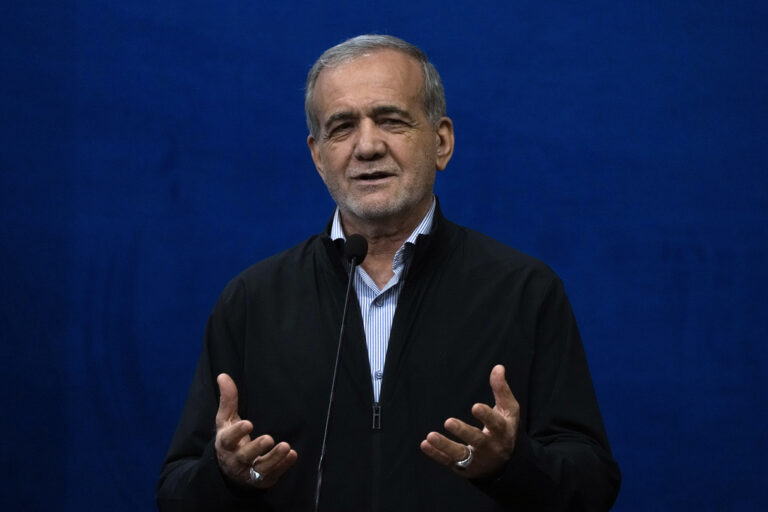Saudia Arabia has long been known for its lack of tourist visas, allowing entrance to the kingdom to only Muslim pilgrims, businessmen and foreign workers.
But that all changed in a dramatic policy shift in September 2019, when Saudi Arabia completely transformed its tourism laws and Crown Prince Mohammad bin Salman introduced electronic tourist visas to 50 different countries, including Israel.
The Crown Prince set a goal of increasing tourism revenue to 10% of the country’s GDP by 2030, a move spurred by low oil prices and the Saudi Vision 2030 reform plan, which aims to reduce the kingdom’s dependence on oil and diversify its economy.
As part of its new tourism laws, female tourists are not required to wear the abaya that is mandatory in public for Saudi women but are required to dress “modestly.” Another possible deterrent to tourists is the fact that alcohol is completely forbidden in the kingdom.
It should be noted that if one only has an Israeli passport, you are still not welcomed to visit. You must be in possession of an additional passport – which can not have any evidence of visiting Israel.
Other Muslim countries, such as the United Arab Emirates and Egypt have also been carrying out extensive advertising campaigns to boost tourism, boasting of their countries’ rich cultural heritage and openness to religious and cultural diversity. However, as has been reported by visitors to other Muslim countries, the “openness” is superficial with almost all Muslim countries guilty of violating the human rights of its citizens and stifling any opposition to its ruling power.
https://www.youtube.com/watch?v=dLyyODAoYCk&feature=emb_title
Saudi’s Eastern Province: the heart of the kingdom’s culture and heritage.
Discover more on our website: https://t.co/s8d5Ic9JK6 pic.twitter.com/QVtlzpQlV6
— Visit Saudi (@VisitSaudi) January 11, 2020
(YWN Israel Desk – Jerusalem)











